Everyone should have access to a science education written in their mother tongue.
- Robby Thigpen, Founder MCB
Novel Education Tools to Foster Local Ecosystem Sustainability Practices
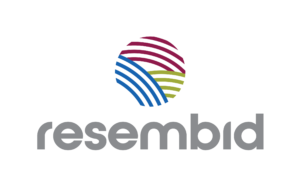 Marine Conservation without Borders (MCB) and its partners, the School for Field Studies and Stichting Nationale Parken Bonaire have received funding from the European Union through the Resilience, Sustainable Energy and Marine Biodiversity Programme (RESEMBID). Financed under the 11th European Development Fund (EDF) Caribbean OCT Regional Programme, RESEMBID is being implemented by Expertise France, with the primary stakeholders being the 12 Caribbean Overseas Countries and Territories.
Marine Conservation without Borders (MCB) and its partners, the School for Field Studies and Stichting Nationale Parken Bonaire have received funding from the European Union through the Resilience, Sustainable Energy and Marine Biodiversity Programme (RESEMBID). Financed under the 11th European Development Fund (EDF) Caribbean OCT Regional Programme, RESEMBID is being implemented by Expertise France, with the primary stakeholders being the 12 Caribbean Overseas Countries and Territories.
This 14 month project consists of 3 components.
1. Sargassum Podcast Episodes for the period.
2. An online Sargassum Champions Course for the OCT’s and the greater Caribbean basin.
3. MCB will develop and deploy bilingual primary and secondary school biocultural curricula for Bonaire (Dutch & Papiamentu) and the Turks and Caicos (English and Kreyòl Ayisyen) to be used in local schools.

Marine Conservation without Borders
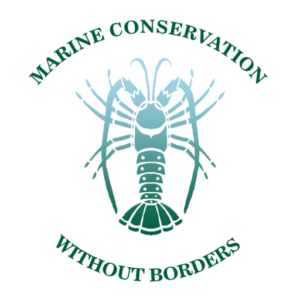
Stichting Nationale Parken Bonaire [STINAPA]
 Stichting Nationale Parken Bonaire (STINAPA Bonaire) is the organization that manages and protects the nature reserves on the island of Bonaire: the Bonaire National Marine Park and the Washington Slagbaai National Park. STINAPA is responsible for the National Parks and undertakes various activities in the field of nature education, environmental research, enforcement of nature laws and monitoring the Bonairean flora and fauna in these habitats. For more information, visit www.stinapa.org.
Stichting Nationale Parken Bonaire (STINAPA Bonaire) is the organization that manages and protects the nature reserves on the island of Bonaire: the Bonaire National Marine Park and the Washington Slagbaai National Park. STINAPA is responsible for the National Parks and undertakes various activities in the field of nature education, environmental research, enforcement of nature laws and monitoring the Bonairean flora and fauna in these habitats. For more information, visit www.stinapa.org.
Platfòrm MIT-Ayti
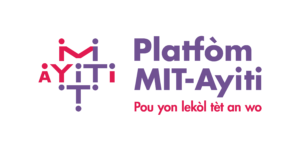
Turks & Caicos Reef Fund
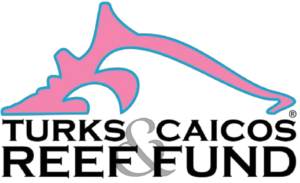
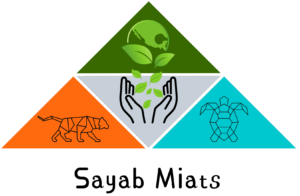 Sayab Miats A.C. is a Mayan organization that works directly with Marine Conservation without Borders (MCB) contributing to the next generation of content for the monolingual biocultural STEM Plus curricula that will be tested and validated in Indigenous primary schools in Quintana Roo, México.
Sayab Miats A.C. is a Mayan organization that works directly with Marine Conservation without Borders (MCB) contributing to the next generation of content for the monolingual biocultural STEM Plus curricula that will be tested and validated in Indigenous primary schools in Quintana Roo, México.
Investigators of this association collect information from the Indigenous communities that is later reflected in the MCB biocultural STEM curriculum. Likewise, Sayab Miats will be the principal contact for the development of all logistics involved in the project for Mesoamerica and the greater Caribbean basin.
Most of the worlds endangered language communities are located in biodiversity hotspots. Biocultural STEM Plus curricula are a new class of language documentation tools that document age-appropriate language used to discuss local ecosystems in biodiversity hotspots. This class of language documentation instrument doubles as biology curricula that fosters pride of place that celebrates and recognizes the importance of Indigenous cultures and ecological knowledge systems and are indistinguishable from modern biology curricula to biologists and educators. Moreover, these language documentation tools were designed to fill a niche missing in nearly all linguistically diverse education systems.
This new class of language documentation instruments fosters cultural and ecological identity while recognizing local ecological knowledge as equal to Western Science. Additionally, these biocultural STEM Plus curricula have multiple secondary benefits such as teaching mother tongue reading comprehension and writing skills and can be used for linguistic and cultural revitalization projects to name just a few.
Stichting Uniek Curaçao
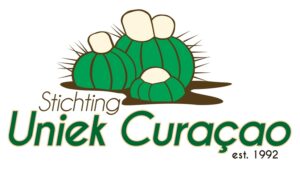
The School for Field Studies
![]()
The School for Field Studies (SFS) is known throughout the United States as the premier environmental study abroad program for undergraduates. SFS creates transformative study abroad experiences through field-based learning and research. Our educational programs explore the human and ecological dimensions of the complex environmental problems faced by our local partners, contributing to sustainable solutions in the places where we live and work. The SFS community is part of a growing network of individuals and institutions committed to environmental stewardship.
SFS programs are based on three pillars – education, disseminate and reciprocate. As part of our community program in the Turks and Caicos Islands, we work with local schools by providing educational support material and leading field-based excursions. SFS is excited to partner with Marine Conservation without Borders (MCB) and Stichting Nationale Parken Bonaire on a Caribbean Overseas Countries and Territories (OCTs) Resilience, Sustainable Energy and Marine Biodiversity Program (RESEMBID) grant to prepare MCB's new class of conservation educational materials for our local communities that promotes biocultural diversity.
